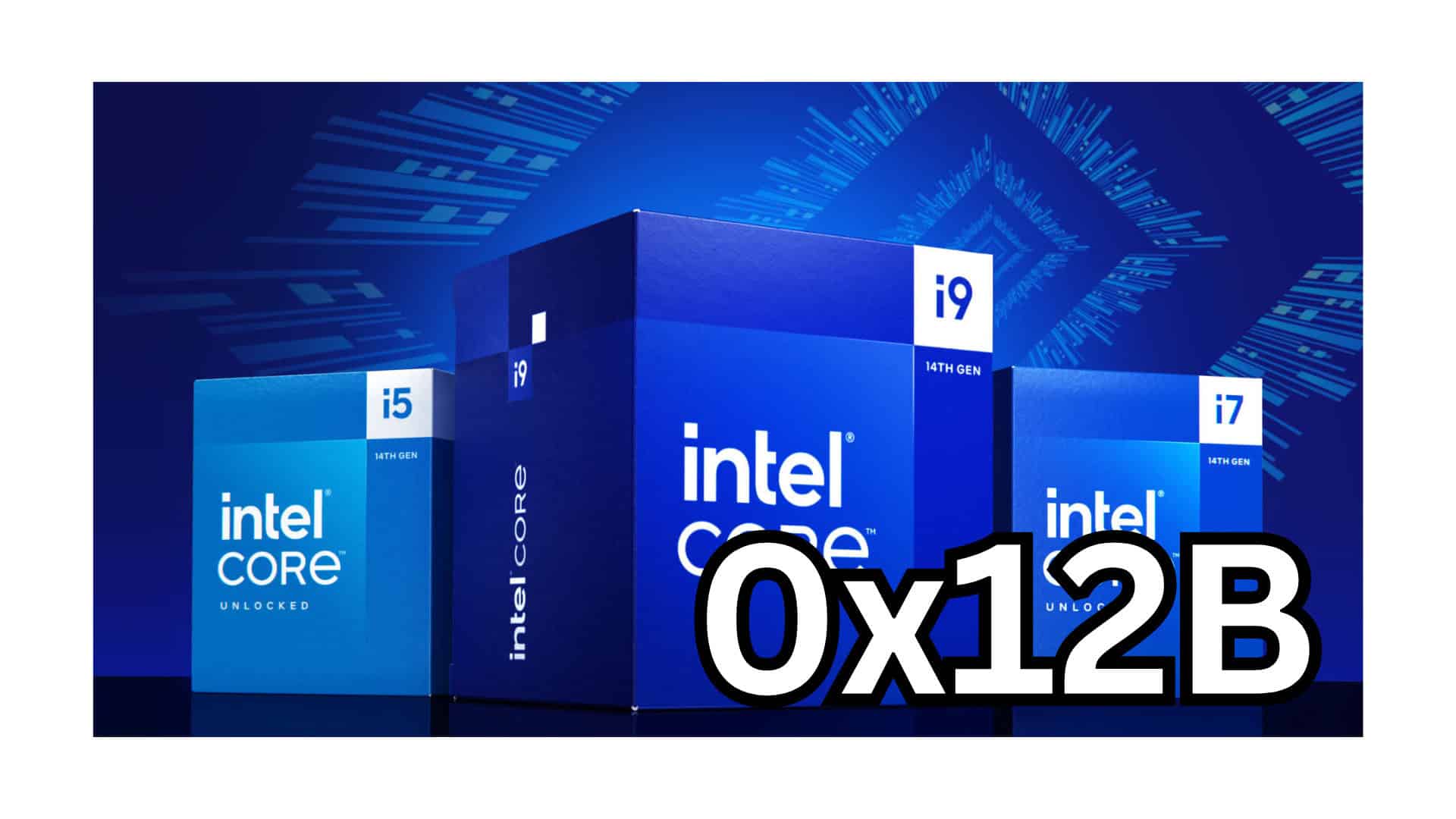

The final patch for 13th and 14th gen CPUs has arrived Updated: Oct 3, 2024 2:55 pm WePC is reader-supported. When you buy through links on our site, we may earn an affiliate commission. Prices subject to change. Learn more Table of Contents Table of Contents Intel recently released the 0x12B Microcode BIOS to address Vmin shift instability issues for its 13th and 14th Gen Raptor Lake/Refresh families. However, we didn’t expect it to be the final one in the series, as Gigabyte’s release notes refer to the patch as the ‘final mitigation’. According to a recent Intel Blog update, the “Microcode and BIOS code requesting elevated core voltages which can cause Vmin shift, especially during periods of idle and/or light activity” issue was mitigated in the latest 0x12B BIOS update. While we expected one more update from Intel in Q4 2024 it seems like it’s no longer the case as @Unikoshardware has spotted the truth in Gigabyte’s release notes. Intel investigation at a glance Motherboard power delivery settings exceeding Intel power guidance. a. Mitigation: Intel Default Settings recommendations for Intel Core 13th and 14th Gen desktop processors. eTVB Microcode algorithm which was allowing Intel Core 13th and 14th Gen i9 desktop processors to operate at higher performance states even at high temperatures. a. Mitigation: microcode 0x125 (June 2024) addresses eTVB algorithm issue. Microcode SVID algorithm requesting high voltages at a frequency and duration which can cause Vmin shift. a. Mitigation: microcode 0x129 (August 2024) addresses high voltages requested by the processor. Microcode and BIOS code requesting elevated core voltages which can cause Vmin shift especially during periods of idle and/or light activity. a. Mitigation: Intel is releasing microcode 0x12B, which encompasses 0x125 and 0x129 microcode updates, and addresses elevated voltage requests by the processor during idle and/or light activity periods. Regarding the 0x12B update, Intel is working with its partners to roll out the relevant BIOS update to the public. Intel’s internal testing comparing 0x12B microcode to 0x125 microcode – on Intel Core i9-14900K with DDR5 5200MT/s memory1 – indicates performance impact is within run-to-run variation (ie. Cinebench* R23, Speedometer*, WebXPRT4*, Crossmark*). For gaming workloads on Intel Core i9-14900K with DDR5 5600MT/s memory2, performance is also within run-to-run variation (ie. Shadow of the Tomb Raider*, Cyberpunk* 2077, Hitman 3: Dartmoor*, Total War: Warhammer III – Mirrors of Madness*). However, system performance is dependent on configuration and several other factors. Intel reaffirms that both Intel Core 13th and 14th Gen mobile processors and future client product families – including the codename Lunar Lake and Arrow Lake families – are unaffected by the Vmin Shift Instability issue. We appreciate our customers’ patience throughout the investigation, as well as our partners’ support in the analysis and relevant mitigations. Next Steps For all Intel Core 13th/14th Gen desktop processor users: the 0x12B microcode update must be loaded via BIOS update and has been distributed to system and motherboard manufacturers to incorporate into their BIOS. Intel is working with its partners to encourage timely validation and rollout of the BIOS update for systems currently in service. This process may take several weeks. Via Intel Intel is done with Vmin shift instability issues with 0x12B BIOS update Gigabyte has recently released the 0x12B patch for its Z790 motherboards. In the release notes, Gigabyte describes the 0x12B as the final patch for Vmin shift instability issues, and on the support page for the Gigabyte Z790 Aorus Elite AX, the release notes clearly state: Introduce microcode 0x12B as the final mitigation of 13/14th Gen desktop processor Vmin Shift Instability issue according to Intel official Gigabyte release notes. Source: Gigabyte Previously, Intel released two other microcode patches to address these issues: 0x125 in June and 0x129 in August. The third in the series, the 0x12B update, did reduce instability issues further, but it also resulted in a 6.5% decrease in performance for 13th and 14th Gen CPUs. While the issues were reduced to marginal levels, “marginal” doesn’t mean “no impact.” With the latest release notes, it appears Intel is finished with the fixes and plans to stick with these marginal levels. On the other hand, Intel has confirmed that the next-gen Arrow Lake S processors will be unaffected by these instability issues, with a launch planned for just a few weeks from now. Since Intel will be using an entirely new architecture for the upcoming Intel Core Ultra 200 series, it makes sense that they would be free from these issues. Source: Gigabyte







